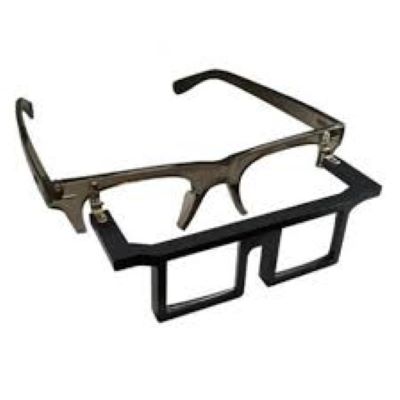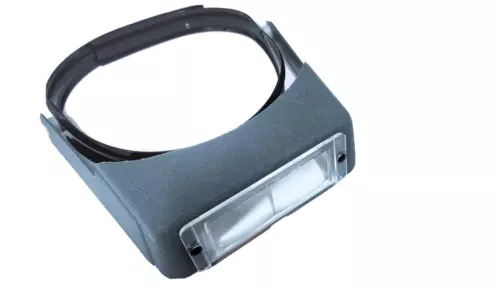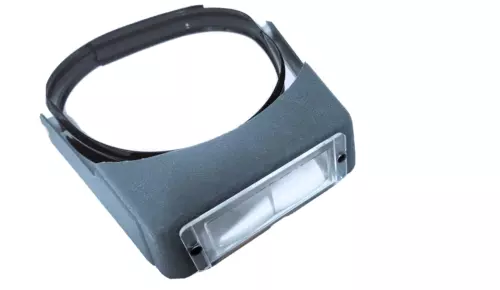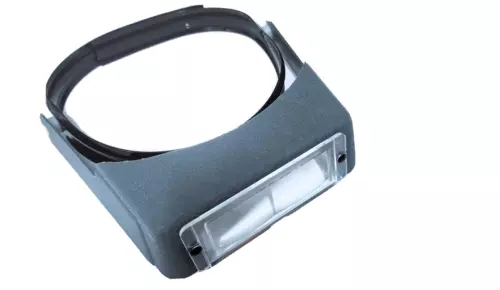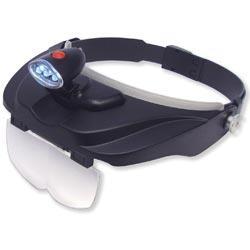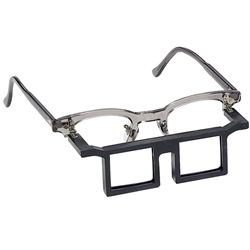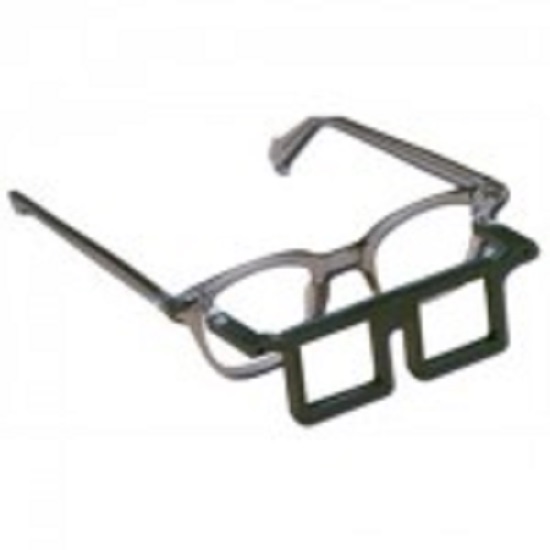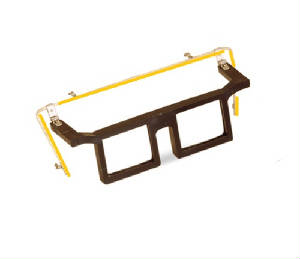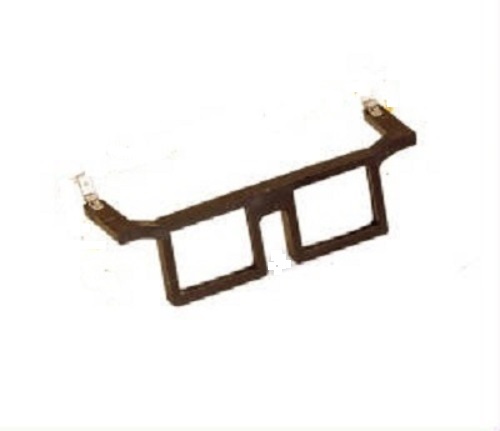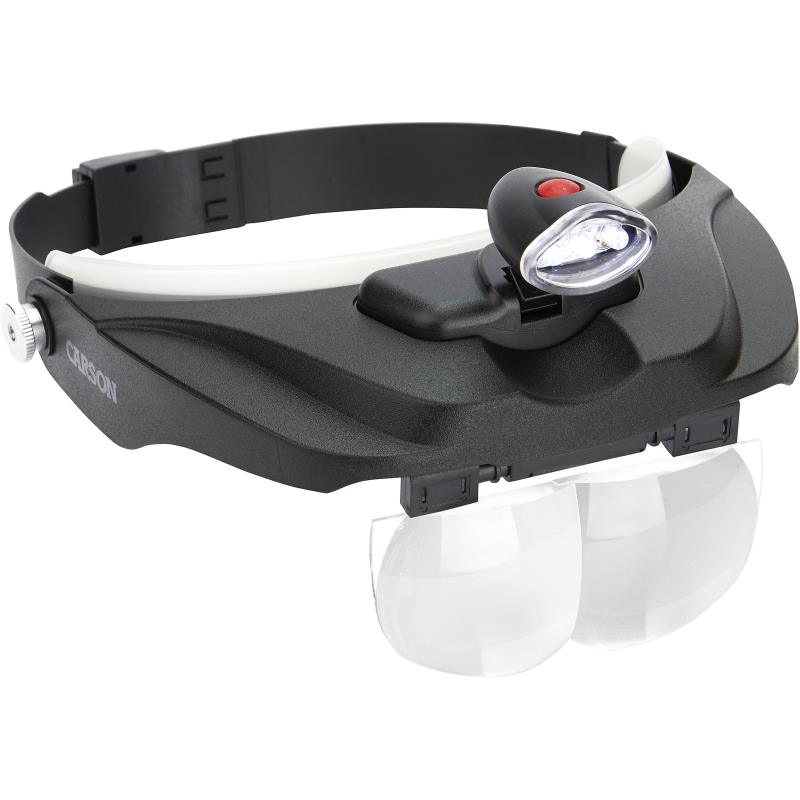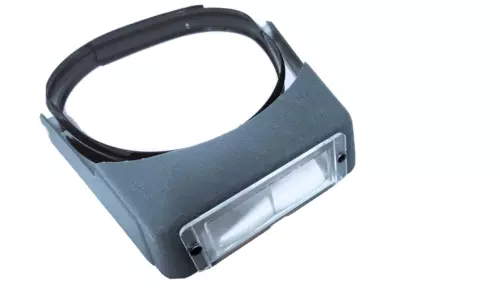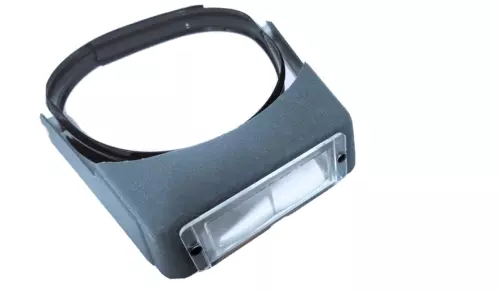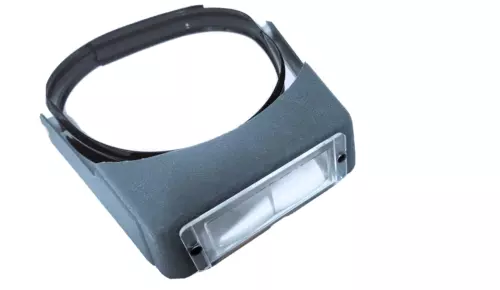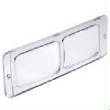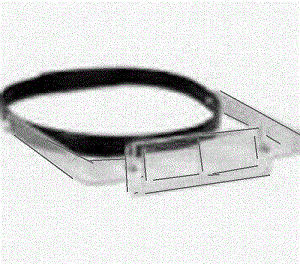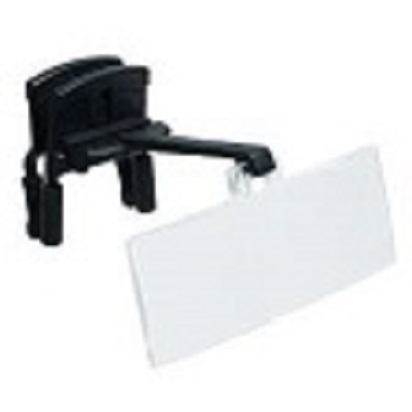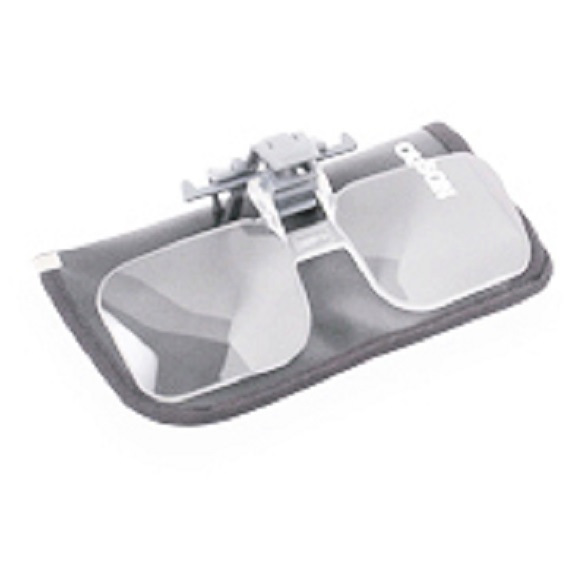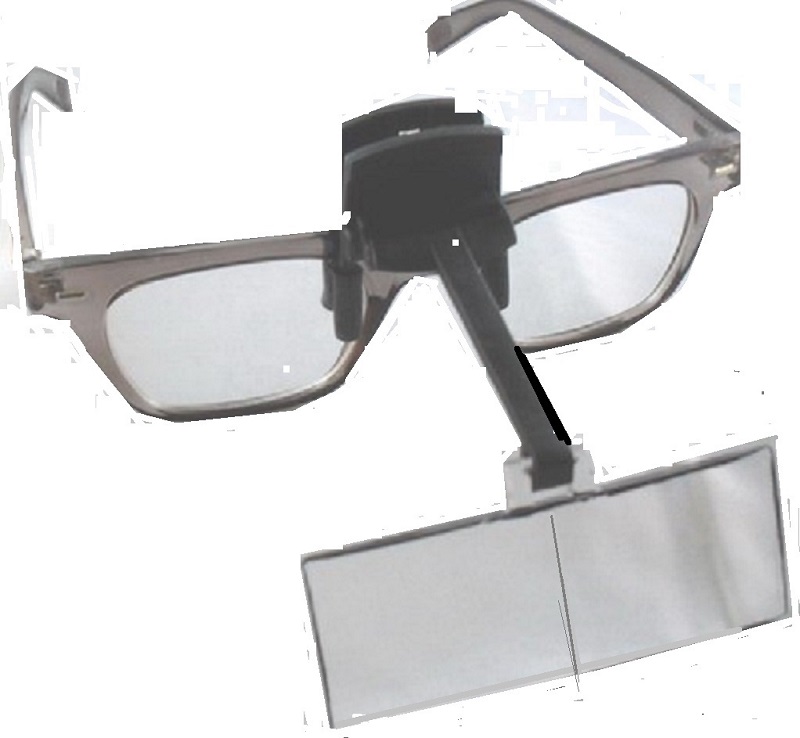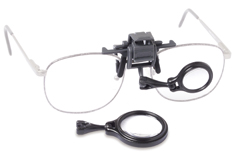Discover the Benefits of Wearable Magnifying Glasses- A Buyers Guide
Are you tired of squinting at small print or struggling to see fine details in your daily activities? Whether you’re reading a book, working on a craft project, or simply trying to navigate your world, magnifying glasses wearable can be the perfect solution. At Telesight Magnifiers we offer a range of magnifying glasses designed to enhance your vision and improve your quality of life.
Headband Wearable Magnifier Glasses.
Headband wearable magnifying glasses for crafts and are hands free.
Telesight Magnifying Glasses Wearable
Telesight wearable glasses for reading and crafts you wear on your head offer the advantages of convenience, hands-free magnification, distortion-free prismatic lenses, compatibility with prescription lenses
Clip On Magnifying Glasses To Wear
Wearable Magnifying Glasses Information
FLAT RATE POSTAGE $8.00 PER ENTIRE ORDER:
Order as many magnifiers as you would like.
Your postage will always be $8.00 per order.
You may mix or match.
Alaska, Hawaii and international orders excluded.
What Are Wearable Magnifying Glasses?
Wearable magnifying glasses are specially designed optical devices that allow you to see small text and intricate details clearly while keeping your hands free. These glasses come in various styles and magnification powers, making them ideal for seniors, hobbyists, and anyone who needs assistance with close-up vision. With wearable glasses, you can regain your independence and enjoy activities that may have become challenging due to vision impairment.
How Will They Help?
Using wearable magnifying glasses can significantly enhance your daily life in several ways:
Reduce Eyestrain: By magnifying text and images, these glasses help reduce the strain on your eyes, allowing you to read or work for longer periods without discomfort.
* Improve Clarity: Wearable magnifying glasses provide a clearer view of fine details, making it easier to engage in hobbies, read instructions, or complete tasks accurately.
* Boost Independence: With the right magnifying glasses, you can perform daily activities without assistance, helping you regain confidence and autonomy in your life.
What Power Should I Choose?
Choosing the right magnification power is essential for optimal clarity and comfort. Here are some common options to consider:
* 1.5X Magnification: Ideal for general tasks and reading small print, providing a comfortable viewing experience for everyday use.
* 2X Magnification: Offers a clearer view for detailed work, making it easier to see intricate designs or text.
* 3X Magnification: Best for very small text or fine details, suitable for hobbies that require precision, such as sewing or model building.
What Type of Wearable Magnifying Glasses Should I Choose?
When selecting wearable glasses, consider the following types based on your specific needs:
- Telesight Magnifiers; These magnifiers are designed to be worn like regular eyeglasses, providing hands-free magnification with high-quality optics. Lightweight and comfortable for extended wear. Ideal for reading, crafting, and detailed tasks
- Clip-On Magnifiers: These versatile magnifiers easily attach to your existing glasses, allowing you to switch between regular vision and magnified vision effortlessly. Convenient and portable for on-the-go use Easy to attach and detach as needed Perfect for those who already wear prescription glasses
- Headband Magnifiers: Worn like a headband, these magnifiers provide hands-free magnification, making them ideal for hobbies that require precision. Adjustable headband for a secure and comfortable fit. Great for activities like sewing, model building, or reading fine print
Tips on Buying Wearable Magnifying Glasses
When shopping for magnifying wearable glasses, consider the following tips to ensure you choose the right pair for your needs:
- Assess Your Vision Needs: Determine the level of magnification you require based on your activities and vision challenges.
- Consider Comfort: Look for lightweight and adjustable options that can be worn for extended periods without discomfort.
- Check for Versatility: Choose magnifiers that can be used for various tasks, from reading to crafting, to maximize their value.
Conclusion
Don’t let poor vision hold you back from enjoying life’s little pleasures. Magnifying wearable glasses can transform your experience, allowing you to read, craft, and engage in daily activities with ease and confidence.
Explore our selection of wearable glasses at Telesight Magnifiers today and discover the perfect solution to enhance your vision.
Ready to see the difference? Shop now and find the ideal wearable magnifying glasses that suit your needs!
HELPFULL MAGNIFIERS BLOGS
- BLOG CHOOSING A MAGNIFYING GLASS FOR READING
- BLOG CHOOSING A STAND MAGNIFIER
- BLOG CHOOSING A HANDS FREE MAGNIFYING GLASS
- BLOG CHOOSING A BENCH MAGNIFIER
- BLOG CHOOSING A HAND HELD MAGNIFYING GLASS
- BLOG MAGNIFYING GLASS FOR READING
What is
magnification https://en.wikipedia.org/wiki/Magnification
What is a Magnifying Glass https://en.wikipedia.org/wiki/Magnifying_glass
Types of Simple Lenses https://en.wikipedia.org/wiki/Lens#Types_of_simple_lenses
Jewelers Loupes https://en.wikipedia.org/wiki/Loupe#Jewellers_and_gemologists
Fresnel lens https://en.wikipedia.org/wiki/Fresnel_lens
